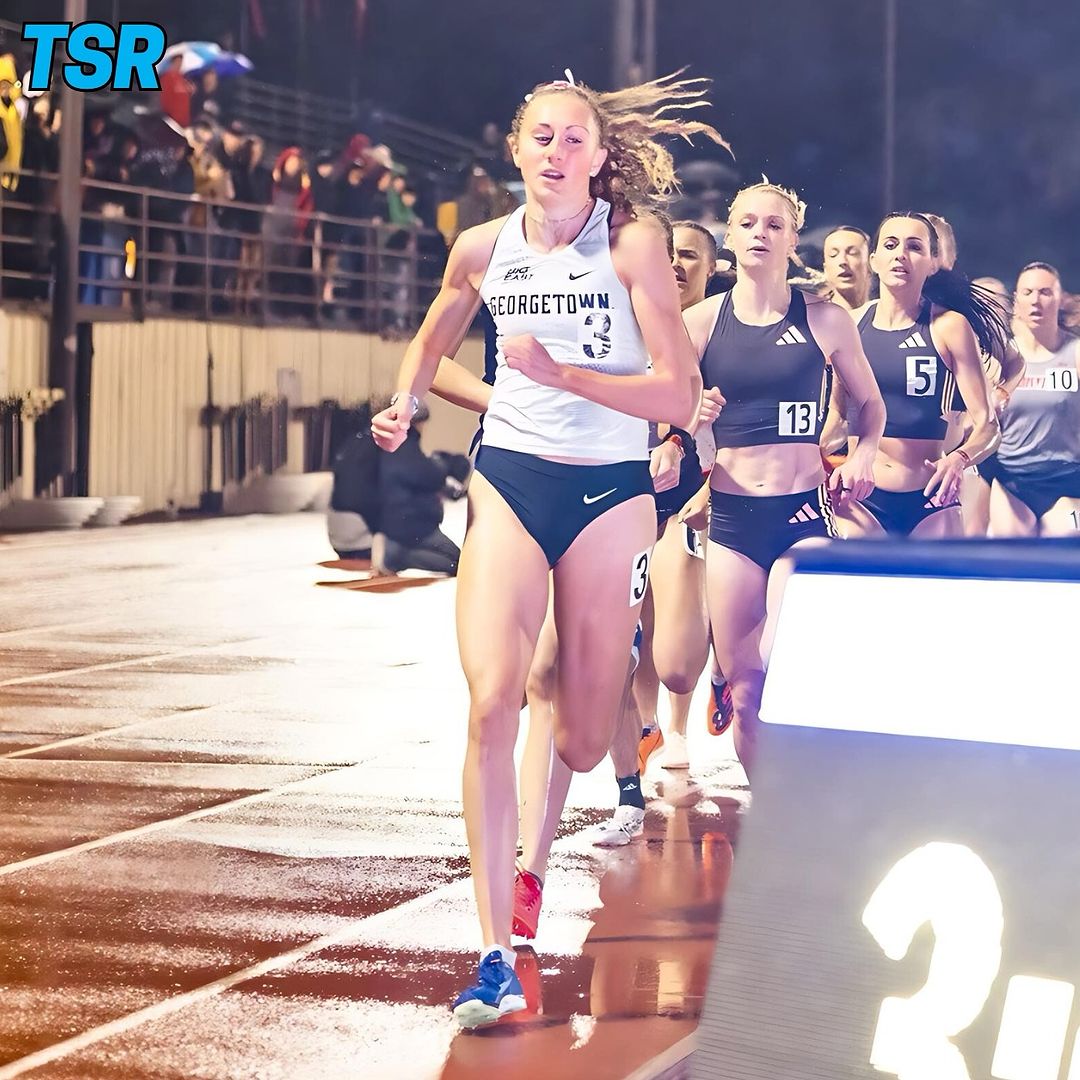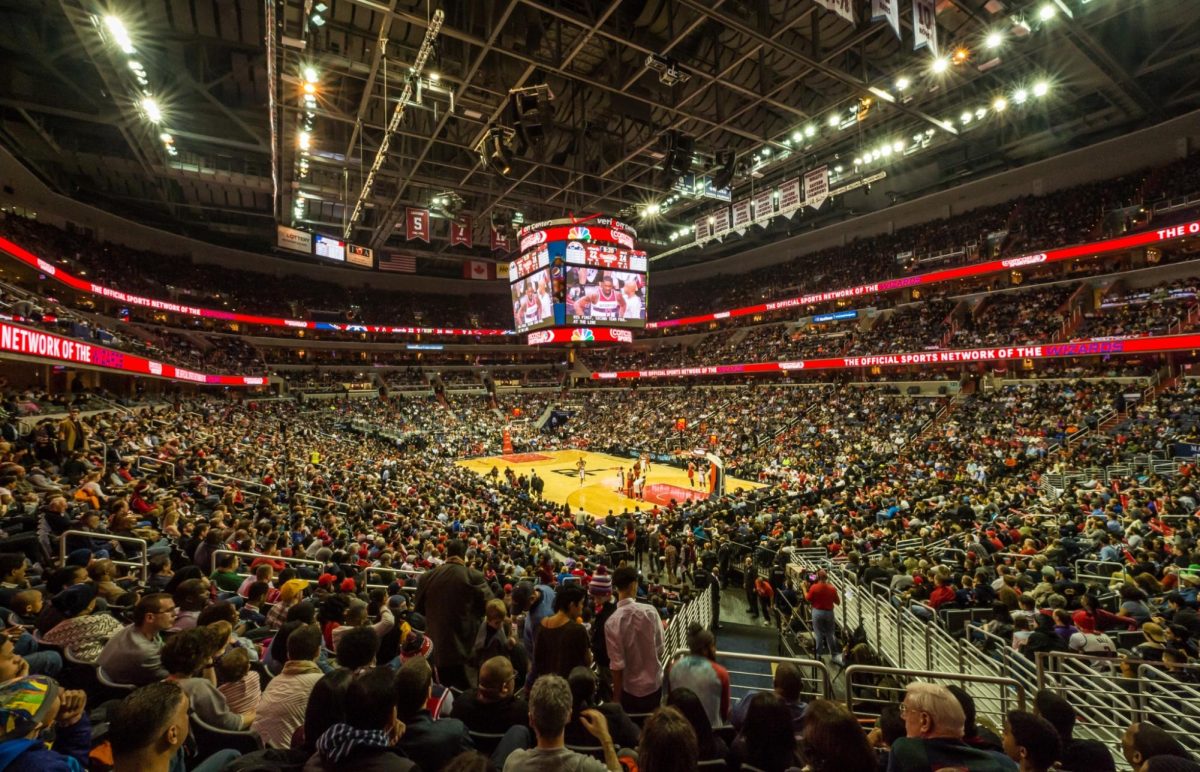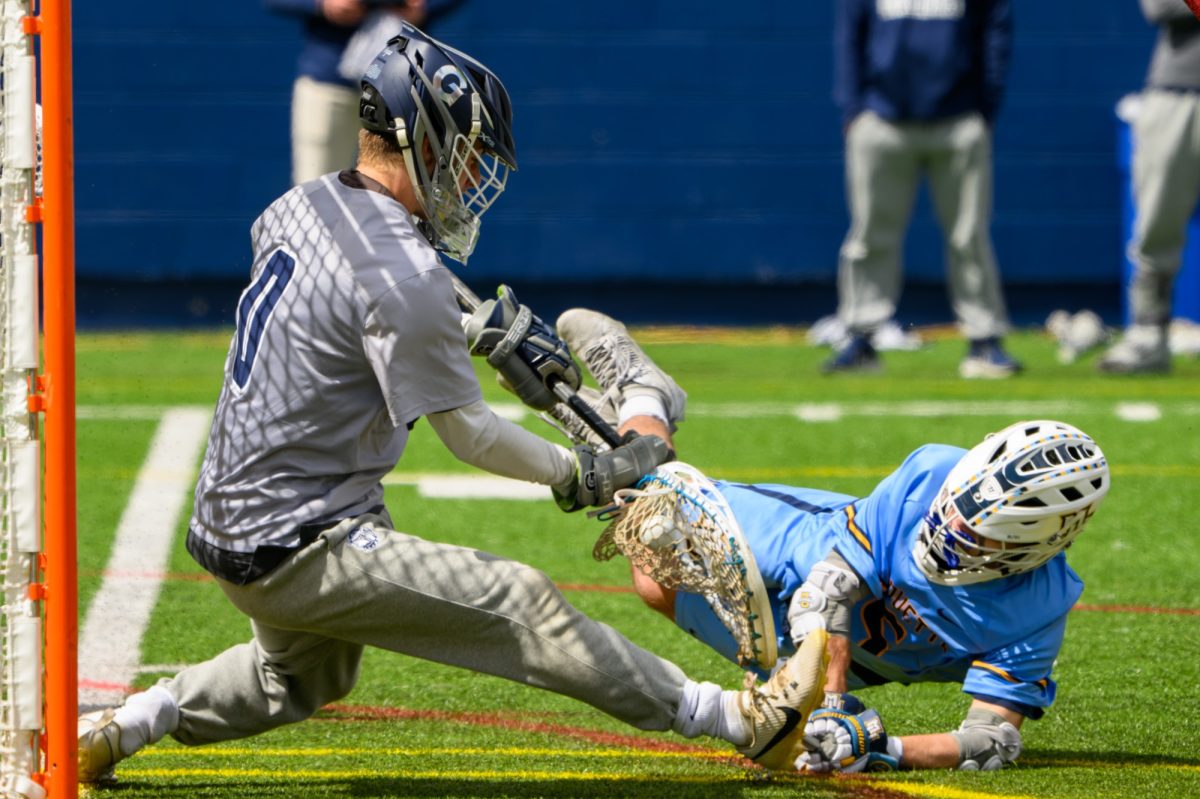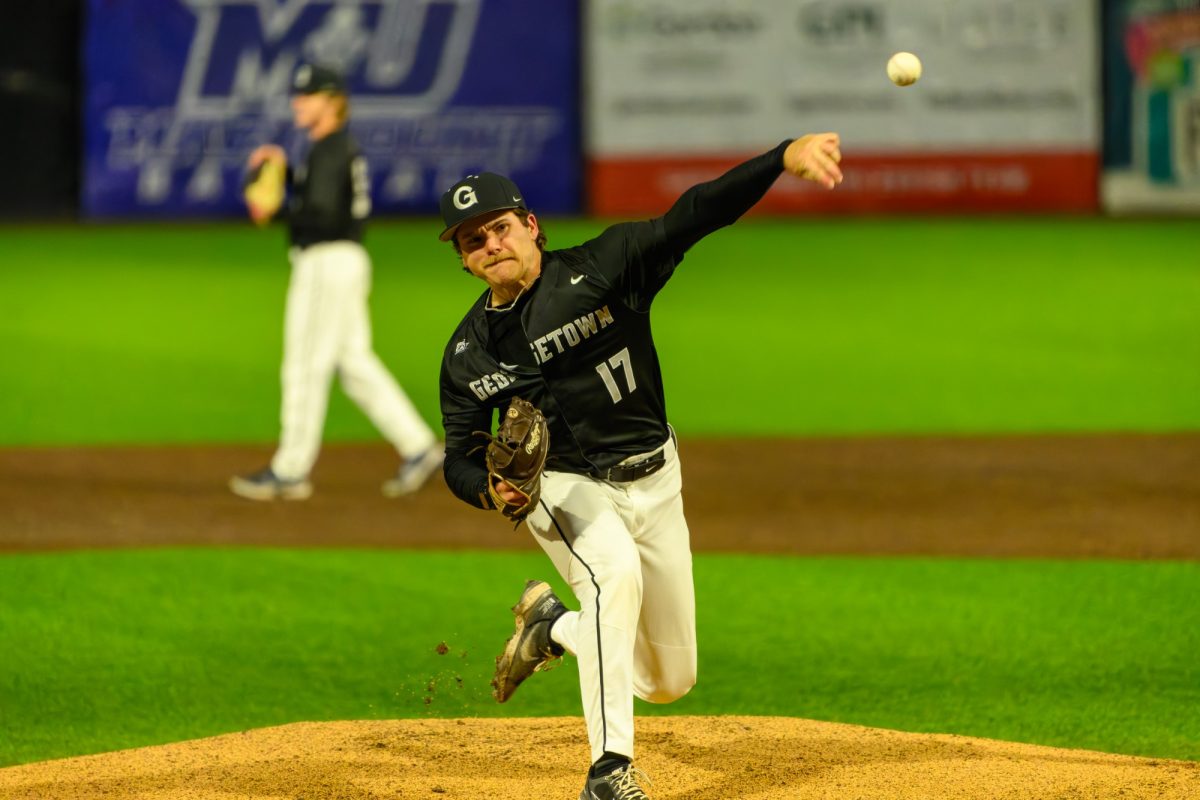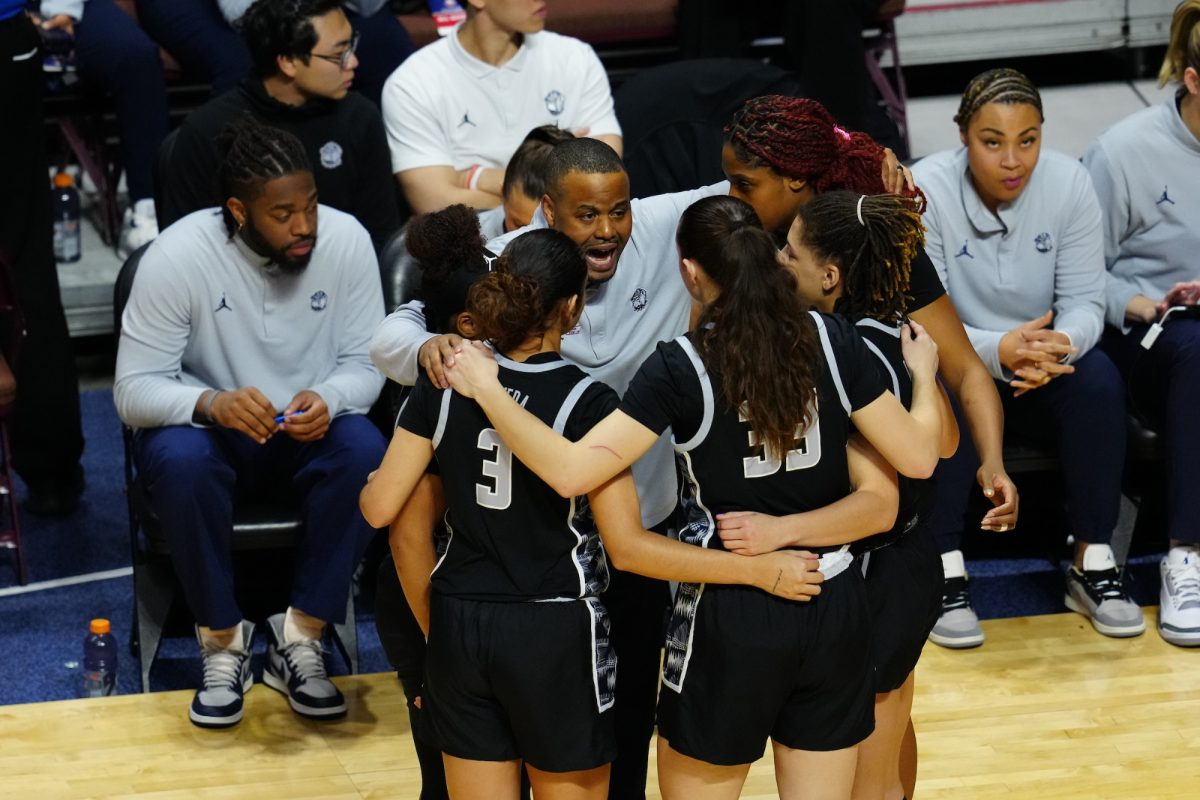Following the conclusion of the second week of the NFL season, a new rule change and one abrupt retirement has spurred concern about the state of the league.
The first issue at stake, the body weight rule, bars a defender from landing on a quarterback with all his body weight. This new rule was adopted in the offseason to prevent quarterback injuries, such as when Anthony Barr landed a vicious hit on Aaron Rodgers last year and fractured the star quarterback’s collarbone.
Ironically, the body weight rule has been an affliction for Rodgers’ Packers this year, the same team that prompted the change in the first place. Linebacker Clay Matthews has been penalized in critical situations for consecutive weeks.
The latest instance occurred in the game between the Packers and the Vikings when Matthews was penalized for a seemingly innocuous hit on Kirk Cousins, erasing an interception that would have given the ball to the Packers with less than two minutes left and victory firmly within their grasp.
However, the penalty provided the Vikings with a first down and momentum for their game-tying touchdown.
Following the game, Matthews seemed incredulous about the official’s ruling.
Neither fans nor defenders have any clue about what currently constitutes a legal hit on a quarterback. The body weight rule is the latest iteration of the NFL’s ambiguous rules and elicits comparisons to last year’s fiasco: the catch rule.
To remedy this issue, the NFL should alter the rule so that the body weight rule is a reviewable penalty, like targeting.
Furthermore, to eliminate malicious hits on the quarterback, the NFL should penalize all hits that are more severe than a routine tackle . This change would provide a reasonable frame of reference for defenders on how to hit quarterbacks without injuring them.
Bills cornerback Vontae Davis also dominated the national conversation this weekend, as he spontaneously decided to retire at halftime during a game against the Chargers.
At halftime, Davis entered the locker room with his teammates, but did not return to the field upon the start of the third quarter. Davis revealed his decision only to Bills Coach Sean McDermott before promptly leaving the stadium.
Following the game, Davis posted on Instagram to explain that his retirement was based on the fact that he was no longer in the requisite physical condition to be competitive in the NFL.
Davis’ decision also seems to be influenced by the fact that the Bills appear destined for a disastrous season. They were losing 28-6 at halftime against the Chargers.
The main issue with Davis’ retirement is the perceived disrespect aimed at his teammates and the Bills organization. If he had remained on the sideline with the team for the second half instead of leaving the stadium, Davis could surely have avoided a much criticism for turning his back on his teammates.
However, a player should have autonomy when it comes to his decision to retire, whether it comes be at the end of a half or at the end of the season. After Davis came to his realization to retire, he decided not to play the second half to avoid a major injury in, what to him was, a meaningless game.
While Davis may be perceived as a quitter, he cannot be faulted for looking out for his personal welfare after playing a game that requires tremendous physical sacrifice for 10 years.
Furthermore, the Bills will be able to collect the money that Davis would have been paid for the remainder of the season, so it is not as though he will simply take their money and run.
However, in this circumstance, it seems fair that Davis foregoes his paycheck for week two, given that he elected not to finish the game. While Davis’ sudden retirement may serve as the defining moment of his career, the unrelenting critics should at least consider Davis’ point of view when judging of his actions.
Although the NFL deserves criticism for its implementation of the body weight rule, fans of the league should not fault players who choose to abruptly retire after enduring years of physical punishment.







